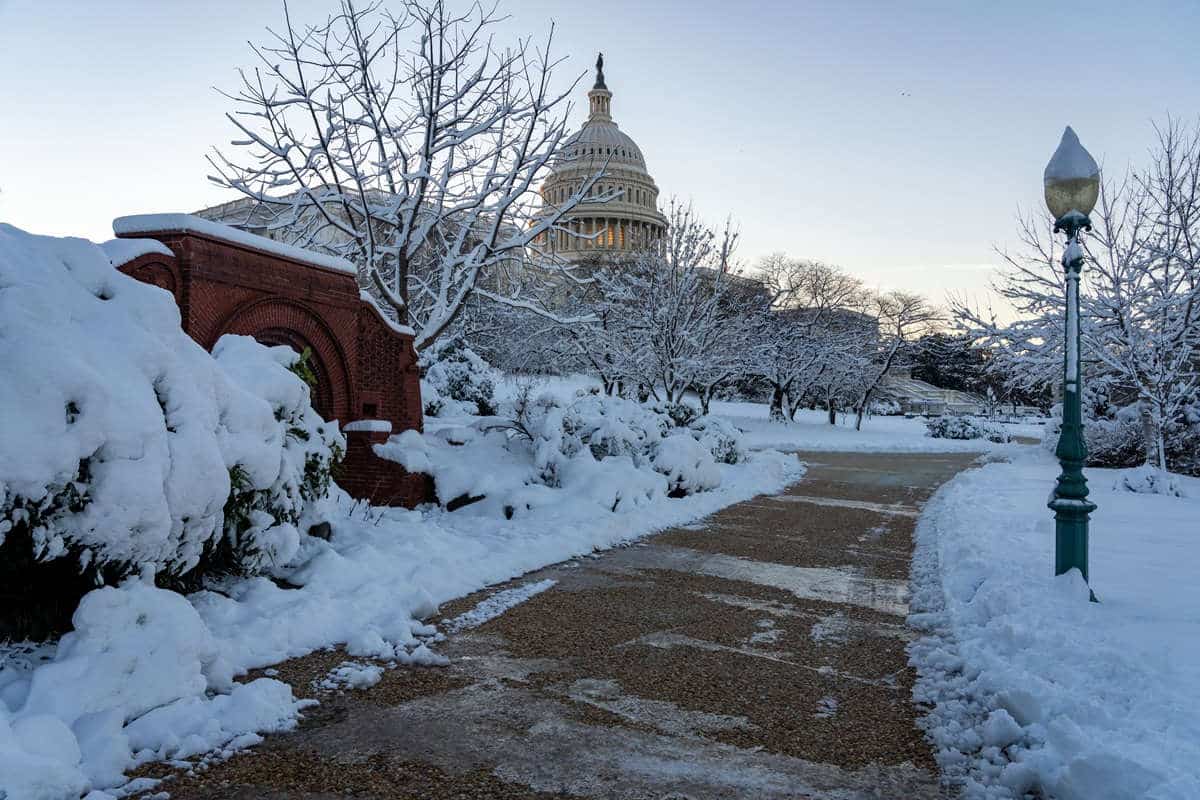Moving Forward

The first half of the 113th Congress will undoubtedly be defined by what Congress did not do, rather than what it accomplished. The productivity of Congress has been among the lowest in the history of Congress, passing less than 50 bills into law. Despite the lack of substance from Congress, we have all witnessed the increase in rhetoric and grandstanding from our representatives. This fact only exacerbates the public’s increasing impatience with their government. One of the many criticisms of Congress this year centered on Congress’ inaction, especially of its primary responsibility.
The “power of the purse” that Congress commands over the budget process has been one of those neglected responsibilities. The last time Congress fulfilled the entire budget process was in 1997. In 2009, the House and Senate passed an Omnibus appropriations bill, a spending bill that funds the government but is not a budget. Since then, the House and Senate have not passed an inclusive budget. Both chambers have passed parts of a budget, but have not agreed. In 2013, this stymied process came to a head when the House and Senate could not agree on spending levels by the beginning of the fiscal year (October 1) and the government shut down from lack of funding. Republicans viewed the divide as an opportunity to attack Obama’s healthcare law, the Affordable Care Act, and the size of government, while Democrats refused to negotiate spending while the government remained closed.
The shutdown lasted more than two weeks and ultimately ran into the looming debt ceiling. Republicans in the House passed several bills in an attempt to negotiate with the Democrat-controlled Senate who continued their refusal to compromise. In the end, the House passed, with the majority of Democratic support, a Senate negotiated bill to reopen the government, increase the debt ceiling and enter a negotiation for budget talks.
In another example of Congress’ failure to fulfill its responsibilities, a Congressional promise from last year has been neglected. The sequestration negotiations at the end of 2012 yielded a promise of over-arching tax reform both for personal and business filers in 2013. Both House Ways and Means Committee Chairman Dave Camp (R-Mich.) and Senate Finance Committee Chairman Max Baucus (D-Mont.) have publically expressed action and negotiations toward overall tax reform, but as of press time, even a plan — let alone legislation — has not been offered.
Other items that were expected in 2013 that have not yet materialized by Congress include a FARM Bill, immigration reform and gun control, just to name few. Even with the stalemates in Congress, NUCA has seen progress in our legislative priorities that warrant optimism.

On the House side, the Water Resources Reform and Development Act (WRRDA) passed the House nearly unanimously (417-3) in October. After months of waiting after the Senate bill’s passage, Transportation and Infrastructure Committee Chairman Bill Shuster (R-Pa.) introduced what was one of, if not the, most bipartisan bills this Congress has seen. Several challenges presented themselves that probably delayed committee action. First, the House is still operating under an earmark ban. Historically, because of the nature of authorizing water resources projects, the WRDA bill has been considered an earmark bill — though not necessarily in the dirty terms people usually associate earmarks. Circumventing this ban would be tricky while still authorizing specific projects for the Army Corps to undertake. Second, the political environment has not lent itself to easy negotiations. As I said earlier, the diminishing moderate middle has made bargaining for specifics very difficult, making appeasing the environmentalists on the left and the Tea Party on the right, very difficult.
But in the end, the product is good. WRRDA contains significant reforms to the project authorization process which will allow faster project study and development which will result in less lead time before construction. The bill also contains the ability for state and local governments to finance projects, at any stage of the process, with public-private partnership (P3s) money. This will also allow greater access to capital for part of the project funding. These P3s can be utilized for feasibility studies, chief’s reports or project construction which will help not only keep the cost of projects down, but allow the Army Corps to undertake a higher number of projects. The House-passed WRRDA is not perfect, however, as it did not include the WIFIA financing mechanism.
Because the House and Senate passed different versions of this bill, a conference committee was set up to negotiate the differences. NUCA, and our coalition partners, have been working diligently to ensure that the interests of utility and excavation contractors are heard and represented in this conference. We do not know how long it will take for the conference to negotiate a final package, but the fact that both chambers have appointed conferees is a sign that both chambers want this legislation to move forward and be enacted.


Despite the abysmal track record of Congress in 2013, NUCA members have reason to be optimistic. The table has been set for a 2014 that could see multiple, top-tier priority wins for NUCA and our allies. But now is not a time to rest on our laurels and skate through hoping for the right outcome. As we saw with the Highway Bill, we have to follow through until the job is done and the ink is dry. That’s why I’m not slowing down, and neither should you.
Will Brown is NUCA Government Relations Manager.




